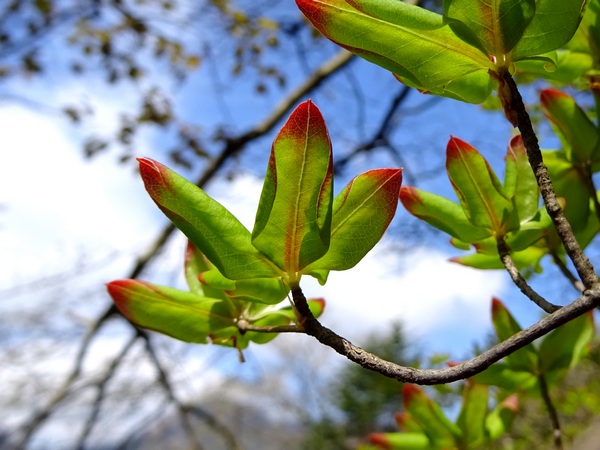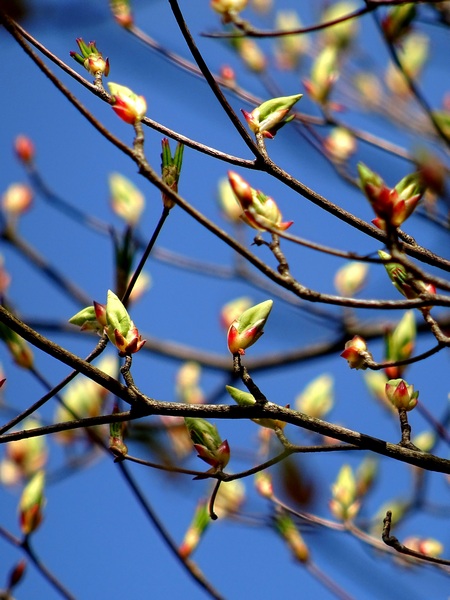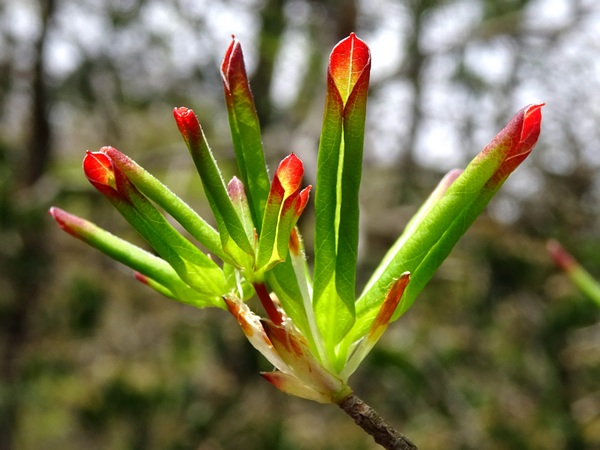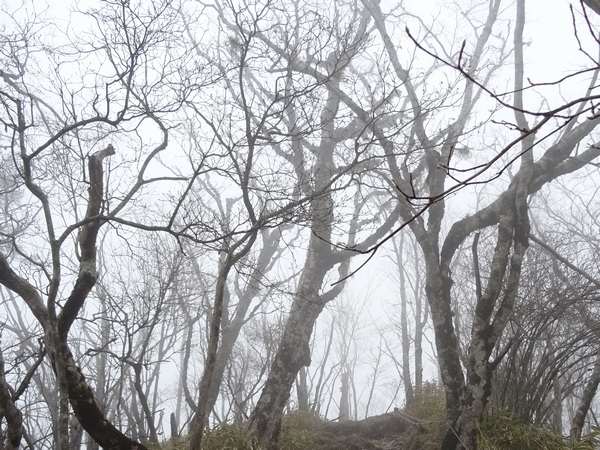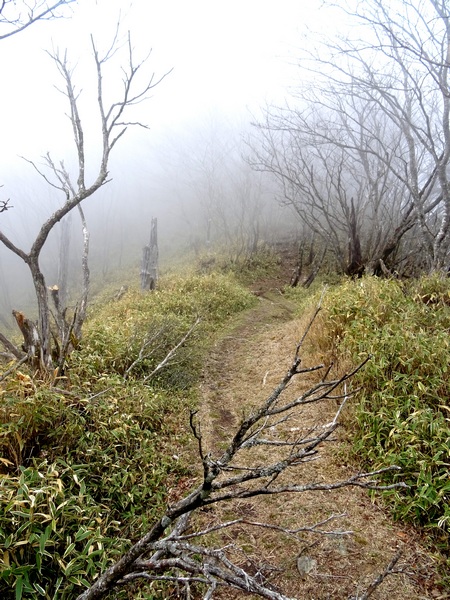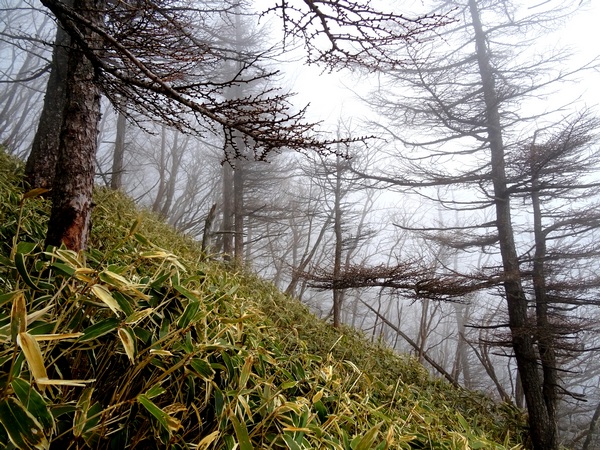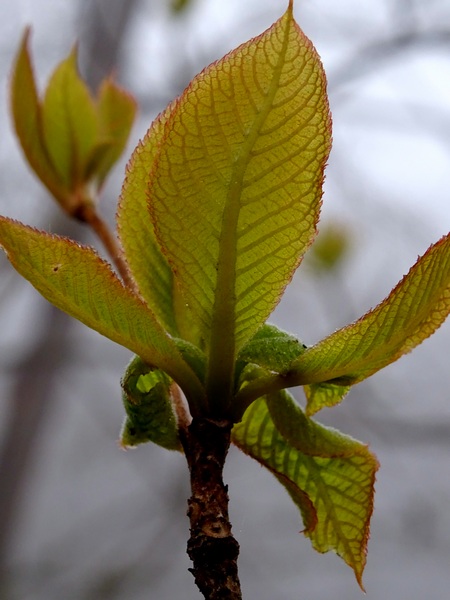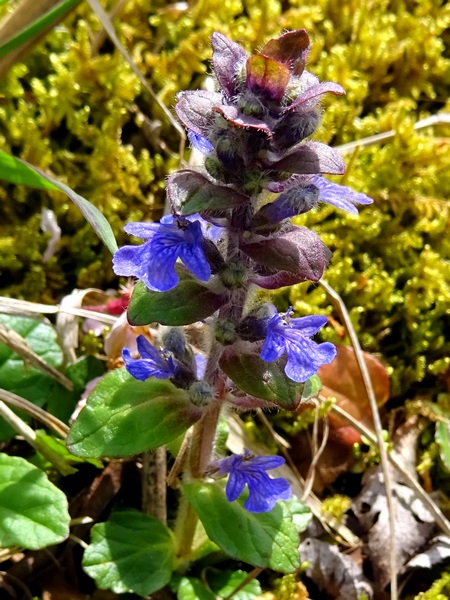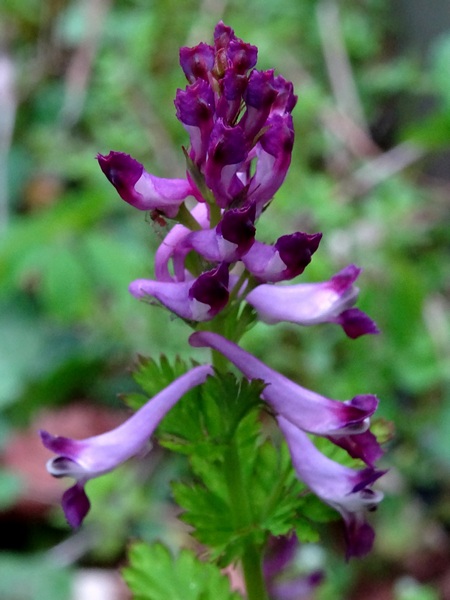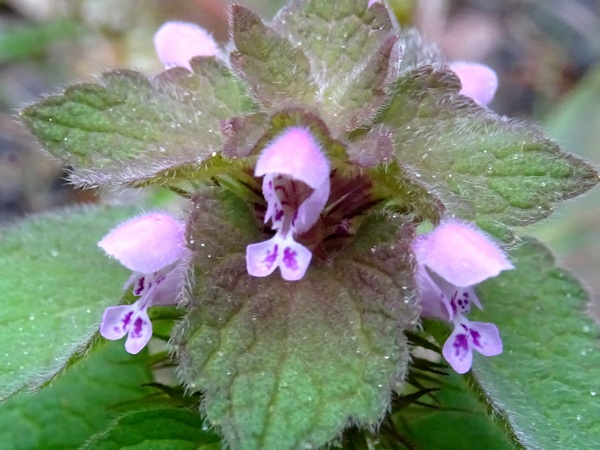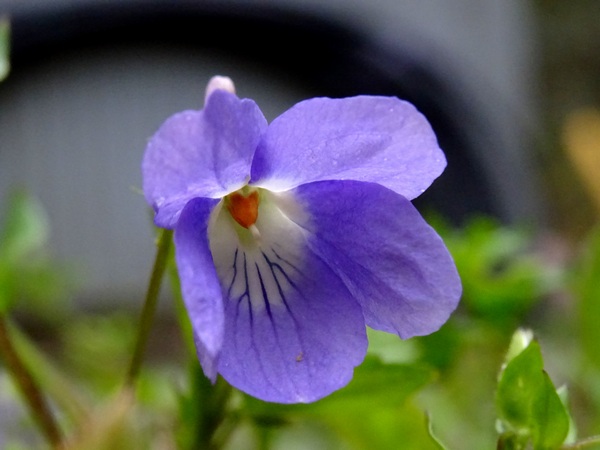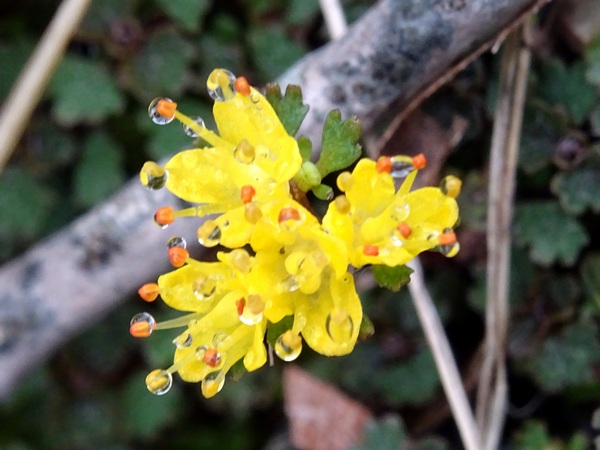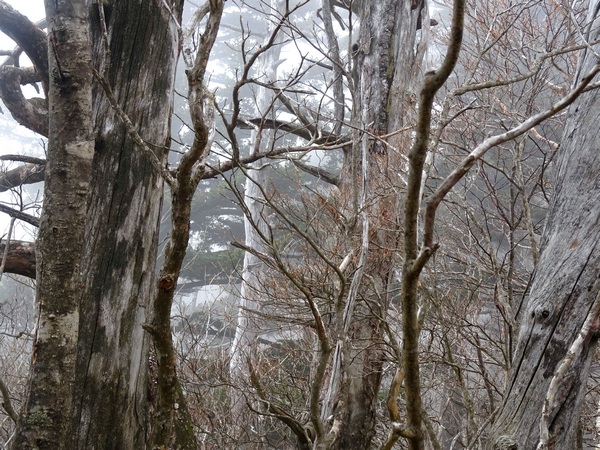
I have a complex.
About weeds.
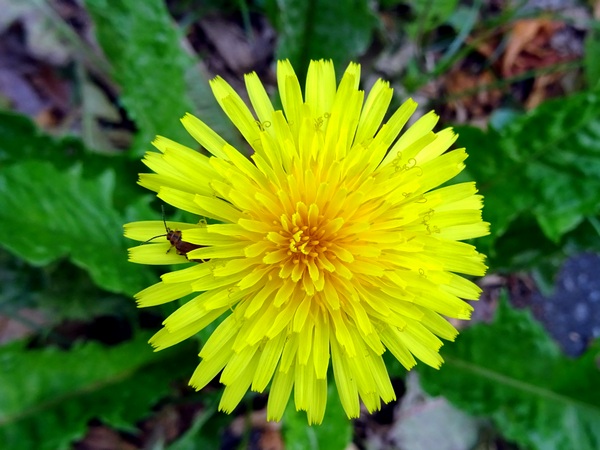
Or rather, about the word “weed.” It seems to me that sometimes we assume that a weed has some sort of “weediness” at its heart, but of course, a weed is nothing more than an inconvenient plant—a plant inconvenient to us.
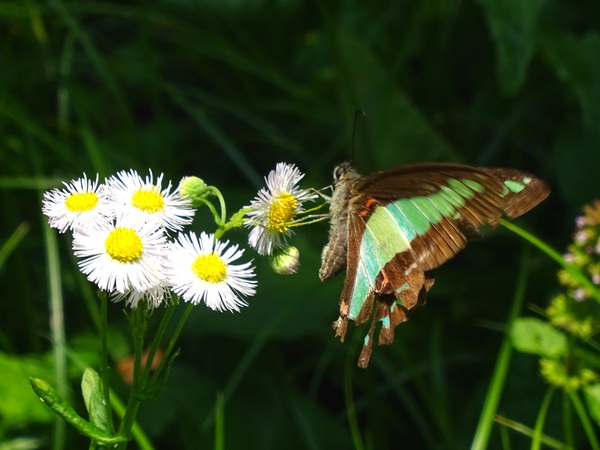
Us, though, is really me and you, and me and you don’t always agree on things, so this creates complications when it comes to deciding whether or not to call a plant a weed.
Some plants in my garden I find convenient to call weeds, and when I find them, I’m quick to “weed” them—though you might wonder why I was pulling up such wonderful creatures.
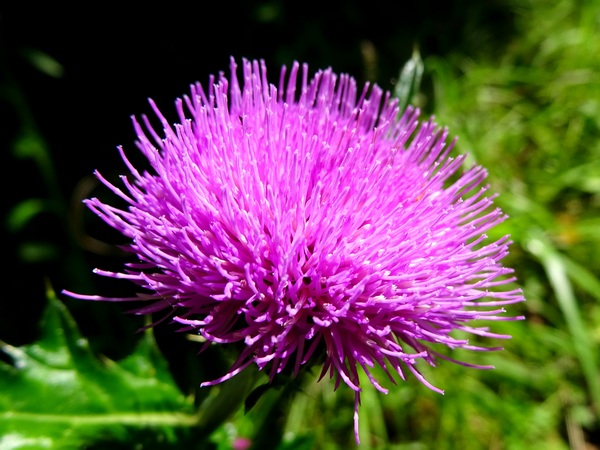
I was looking through The All-inclusive History of the Weed (Volume I, I think it was) when I came across this amazing tale. A particular town was situated along a river. The riverbank, the people soon realized, was a superior patch of ground for growing cherry trees. They planted a hundred. And the trees grew. Grew for a hundred years. Soon a zillion zillion soft pink blossoms were greeting the townspeople every spring. The joy the townspeople received from those blossoms would keep them happy for the entire year. Low blood pressure and clear arteries abounded. But then the mayor died. He was actually called the “zoombaboomer,” but that word translates, more or less, as “mayor”—though, it’s an inherited, not elected, position. Unfortunately, all the deceased zoombaboomer’s relatives who had lived nearby had also left this world for another, and the search for someone who shared even a drop of blood with the deceased mayor led to a faraway land. Fortunately, the fellow they were looking for was found at last—and he, for his part, was tickled to become their zoombaboomer. But no sooner was his swearing in (or coronation—I’m not sure which, the book isn’t clear on this point)—no sooner had he become the zoombaboomer than he looked out at the riverbank, and said, “Those weeds by the riverbank have to go.” He had the cherry trees—all hundred of them—chopped down that very day. Pink, the book said, really got on his nerves.
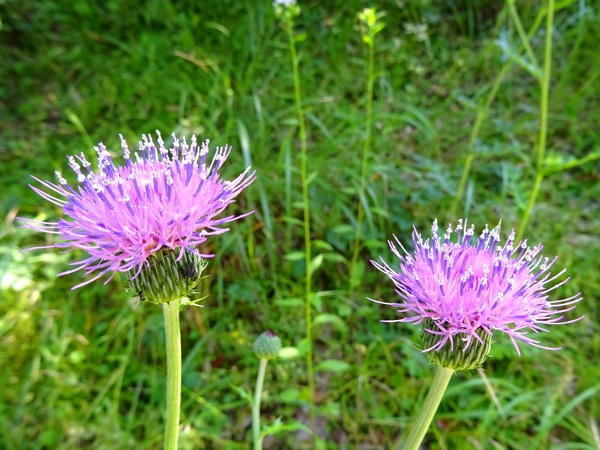
And there you are. It seems that a name—rose, Capulet, Montague . . . weed—can make a big difference . . . though, sure, the way the dandelions smile when they all get together in the sunshine changes not when they’re labeled weeds.
By the way, that silly singing twosome (sometimes known as Shizuoka Duo) claims to have “heard” the voice of a dandelion:
And let me tell you what makes me so mad
It’s the basic fact that we ain’t so bad.
We dandelions are an ethical breed
There’s really no need to call us a weed.
Potassium, calcium, Vitamin A, B, and C,
That’s the kind of stuff that fills up me.
I make the soil around me soft and clean
So nobody needs to treat me so mean.
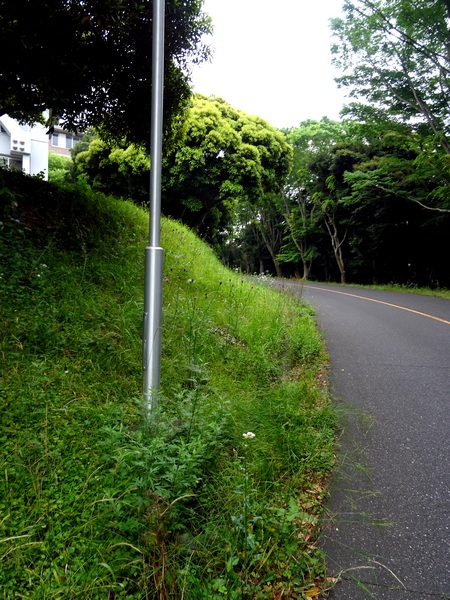
The last leg of my commute to school takes me up the winding road to the top of campus mountain. There’s a stretch that fascinates me. There are so many wildflowers. I find beauty in them, but from the university’s perspective, they’re not wildflowers—they’re weeds.
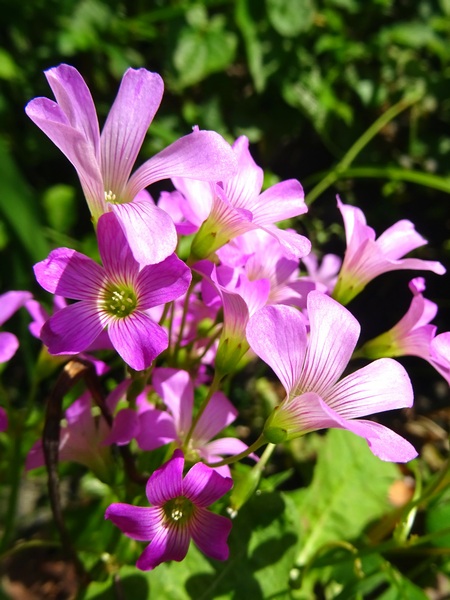
Maybe, someone worries, they attract mosquitos. Maybe, someone thinks, they encourage the mamushi (poisonous snakes) to stretch their habitat and thrive. Or maybe, someone thinks, the lanky stems of the “wildflowers” that steve likes so much are just too darned scraggly—they’re not fit and proper for a fine and outstanding university such as ours.
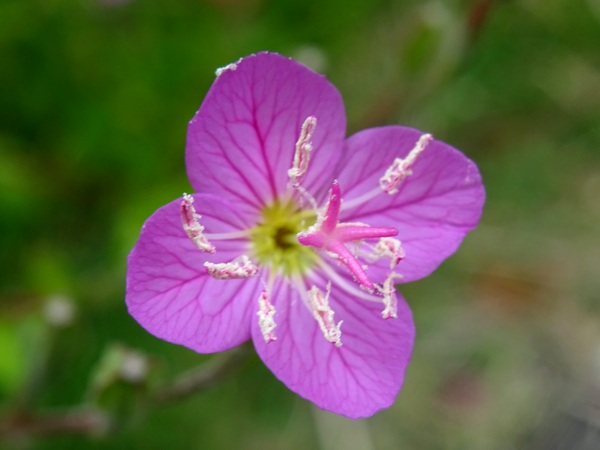
So if the university wants to call them weeds—and to weedwack them—there’s not much I can say. There’s no logical opposition to take, for weediness is in the eye of the beholder.
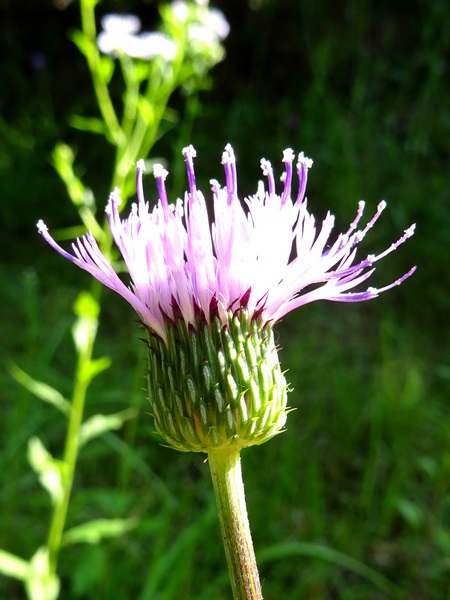
But that leaves us with another problem. What are we to think of a beautiful weed? Because no one’s going to tell me that the thistle’s crown of florets is not beautiful.
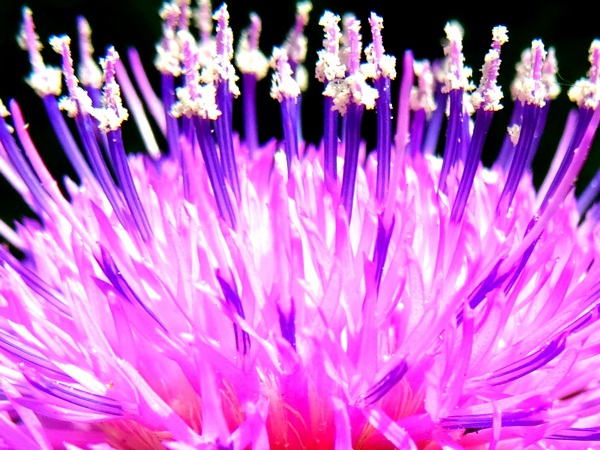
No one’s going to tell me that the dandelions and the harujion and all the other wildflowers on that stretch of road are not beautiful.
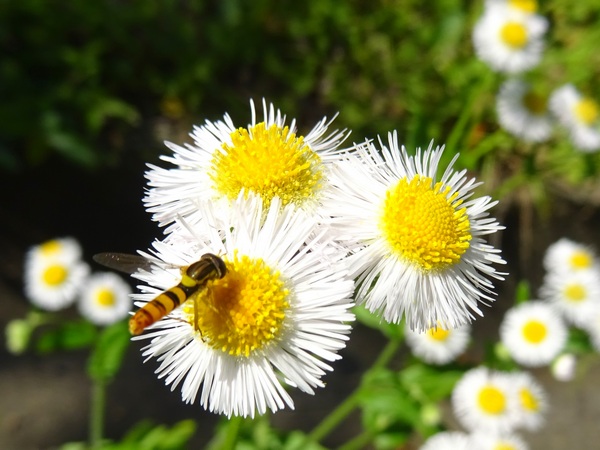
And I’m not the only one who thinks so.
So while one can imagine someone defining something as a weed and getting rid of it—the question still remains: is it all right to destroy beauty?
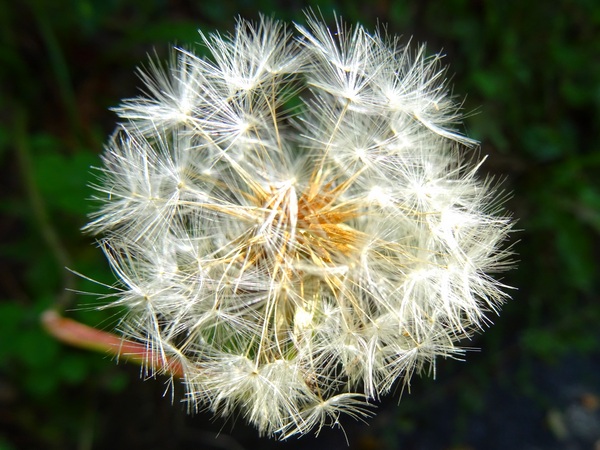
And the problem will soon get bigger—because the closer we scrutinize our stretch of “weeds,” the more beauty we’re likely to find—and the more likely we are to realize that just maybe there’s a lot more beauty out there in patches of weeds all over the place than we ever thought. We could be left with a lot of re-calculating on our hands.
Oh, dear.
At the moment, I’ve got To Kill a Mockingbird on my brain, and I keep thinking about the scene in which Atticus shoots and kills the mad dog. His children had thought he was an old guy who couldn’t do anything, so oh how his marksmanship surprises them. They can’t help wondering why someone with such a talent wouldn’t be out hunting all the time. Their neighbor, Miss Maudie, suggests a reason: “I think maybe he put his gun down when he realized that God had given him an unfair advantage over most living things.”
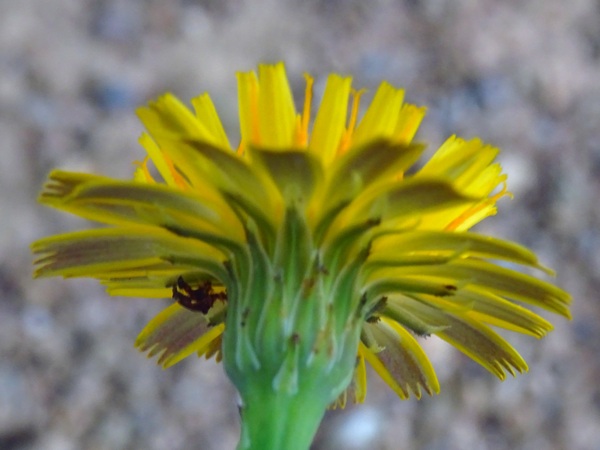
This is a useful idea, I think, when we think about weeds. With our chemicals and machinery, we do have an unfair advantage. Even a person without a gun in his holster has an unfair advantage. Say I’m staring down the cockiest of dandelions. No matter how much he may find me dispicable, there is not much he can do to destroy me. I, on the other hand, if my back can bend, can decapitate him with the smallest of exertions.
At times, we may adhere that label—WEED—and pull the trigger, and commit no terrible moral offense. And yet, there may be times, when we look close at a clump of “weeds”—really look—and see beauty (and really, more than beauty: vigour, hope, endurance, belief, ingenuity, ecological cooperation—but maybe those things are beauty), that we may want to reconsider just how exactly much we are being inconvenienced, may want to reconsider whether or not it might be wiser, from time to time, to “put down our guns.”
By the way, people are sometimes labeled weeds, too. You can, if you like, ask Shizuoka Duo all about that.
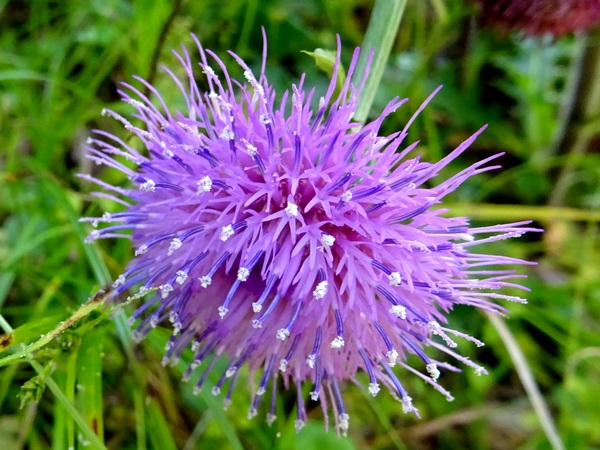
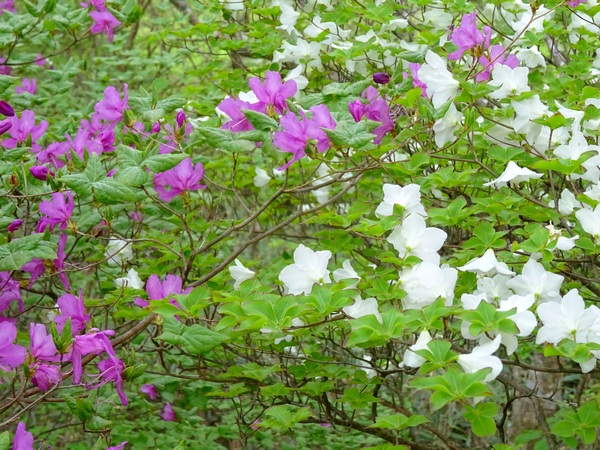
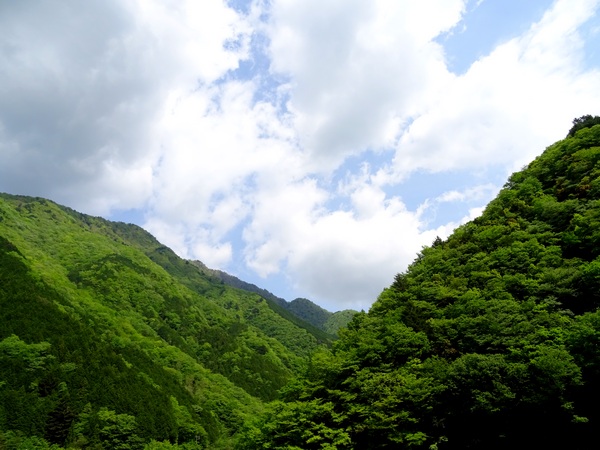
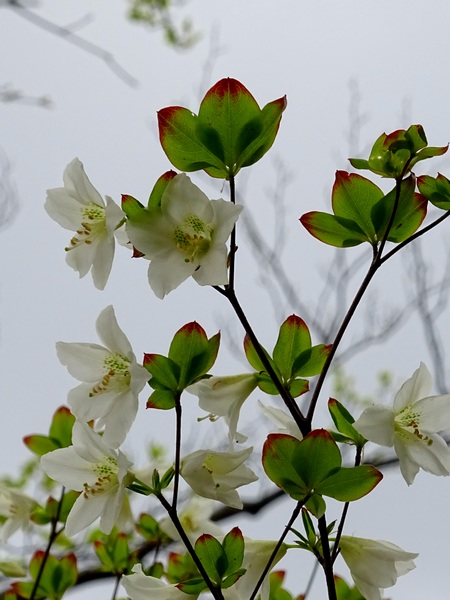
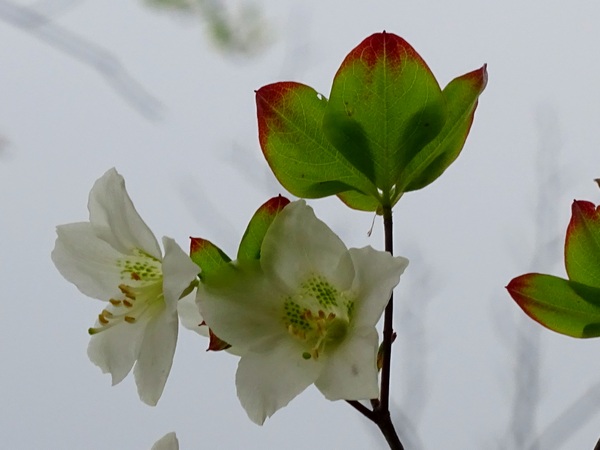
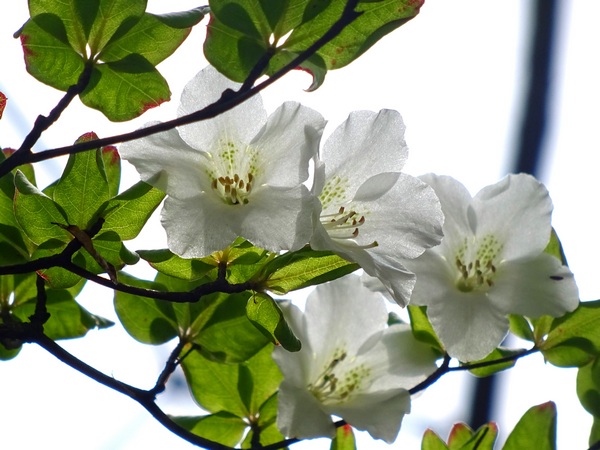
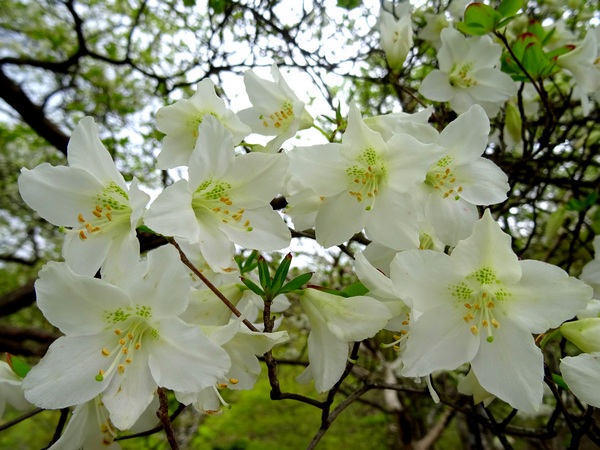
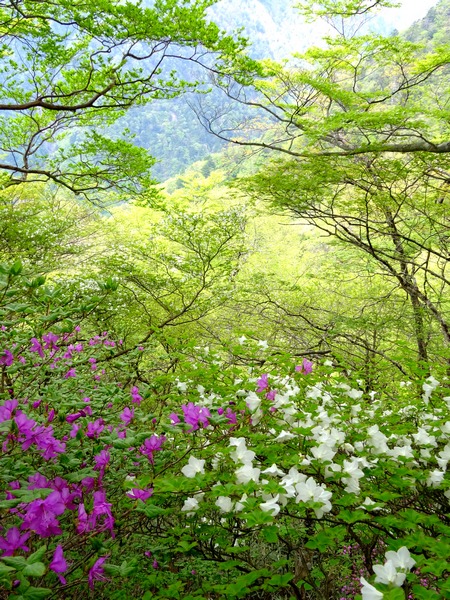
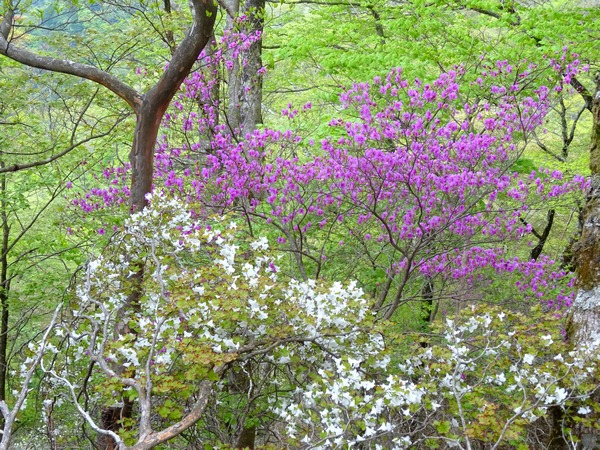
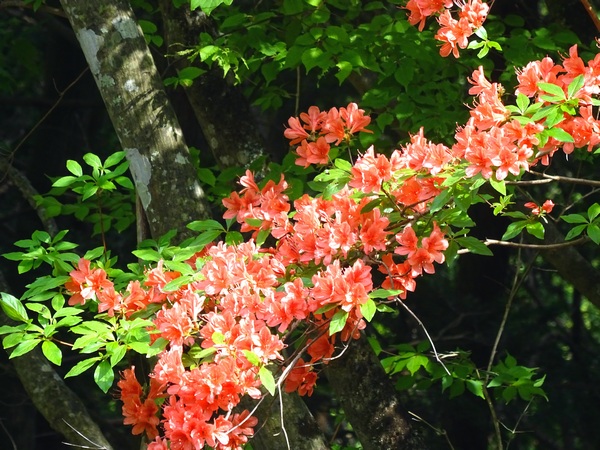 So what to say?
So what to say?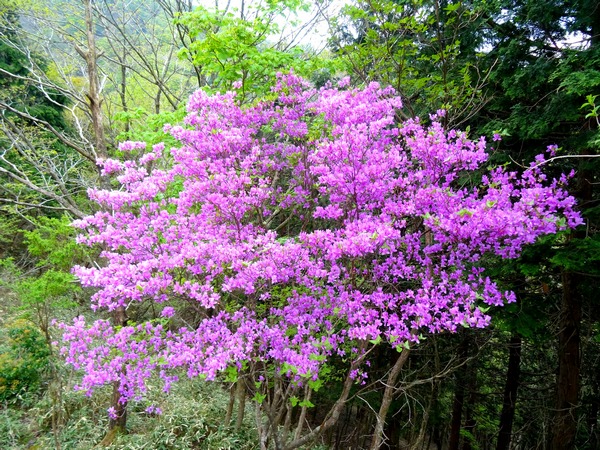
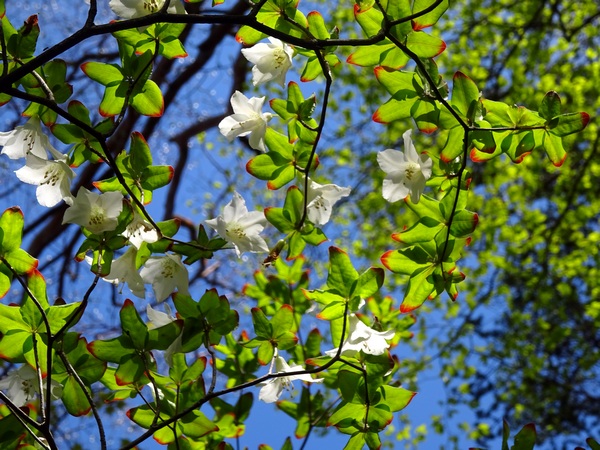
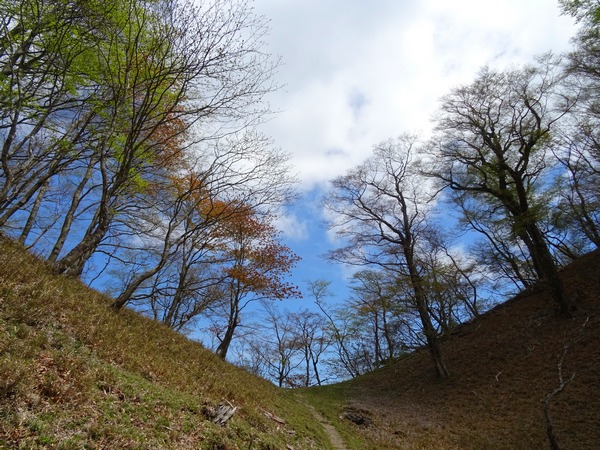
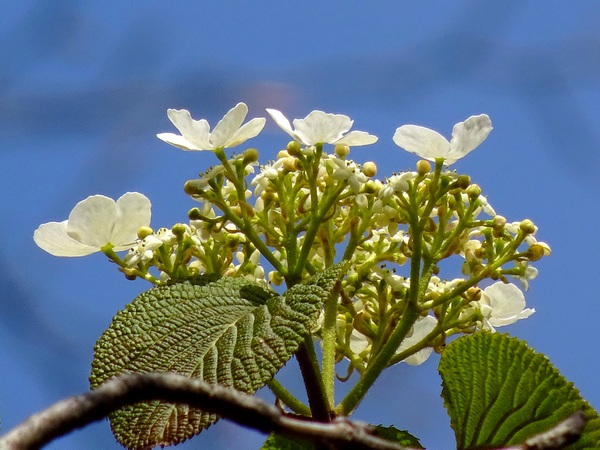 The demari were beginning to bloom, as were the purple miyama azaelas, but it was the yashio, as every year, that so captured our hearts.
The demari were beginning to bloom, as were the purple miyama azaelas, but it was the yashio, as every year, that so captured our hearts.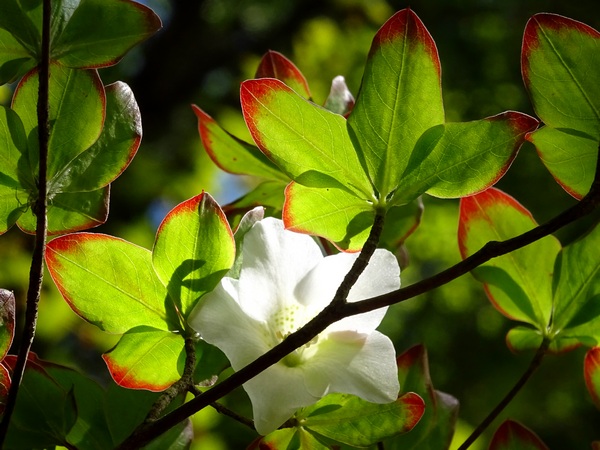
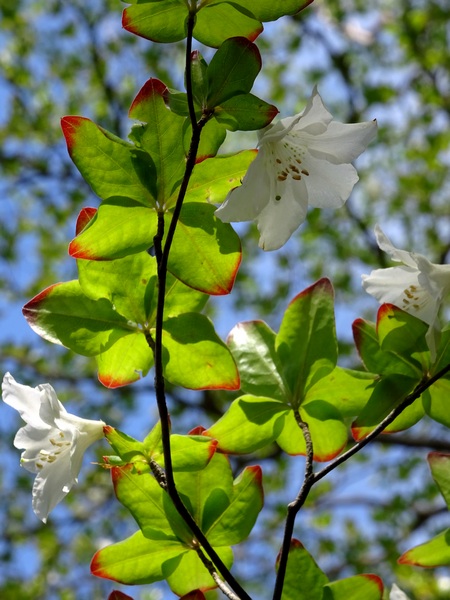 The red-tipped green stars and white blossoms—under the blue sky—give us great joy.
The red-tipped green stars and white blossoms—under the blue sky—give us great joy.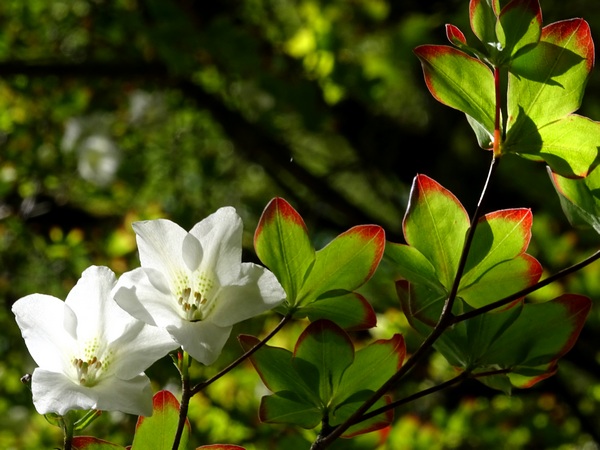 We could take a zillion pictures—and still want to take more.
We could take a zillion pictures—and still want to take more.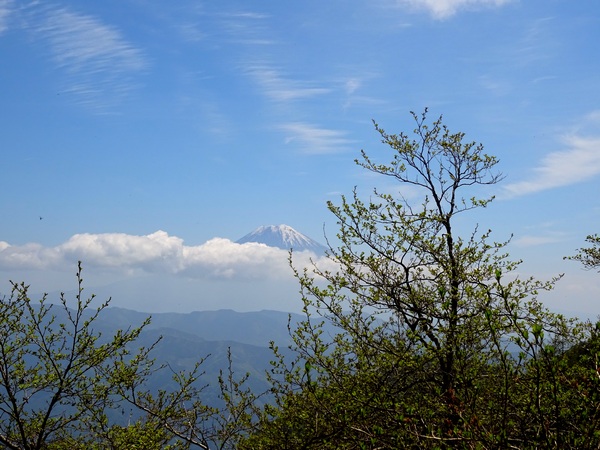 This Japanese tit flew in, too, to have a look.
This Japanese tit flew in, too, to have a look.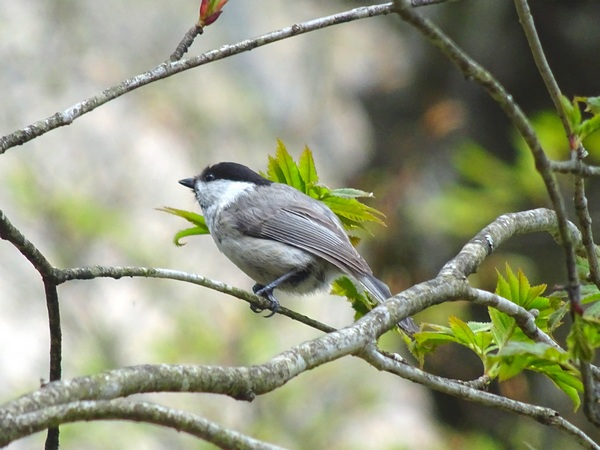
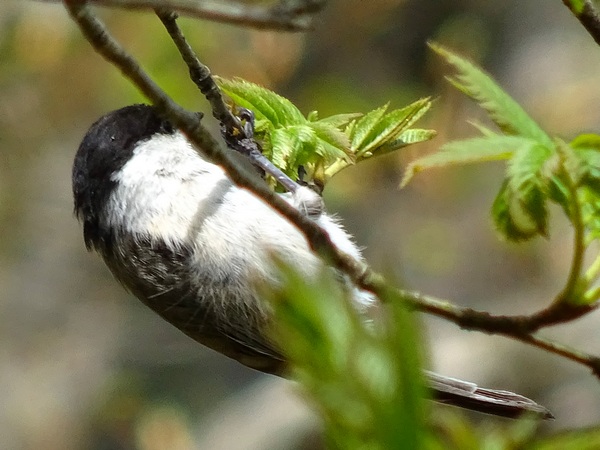
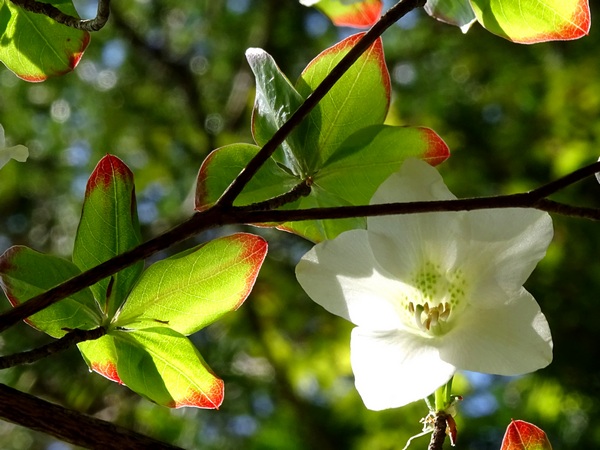
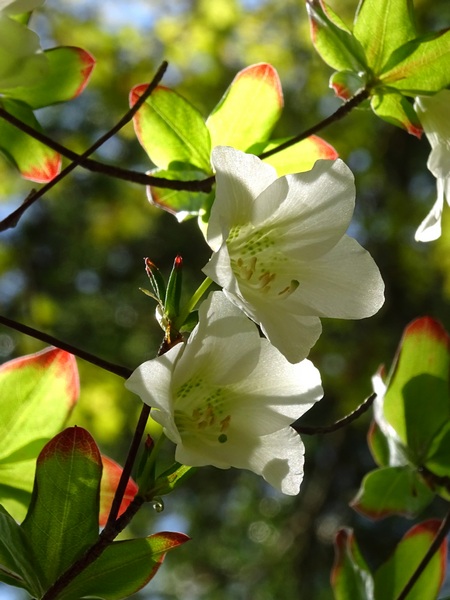
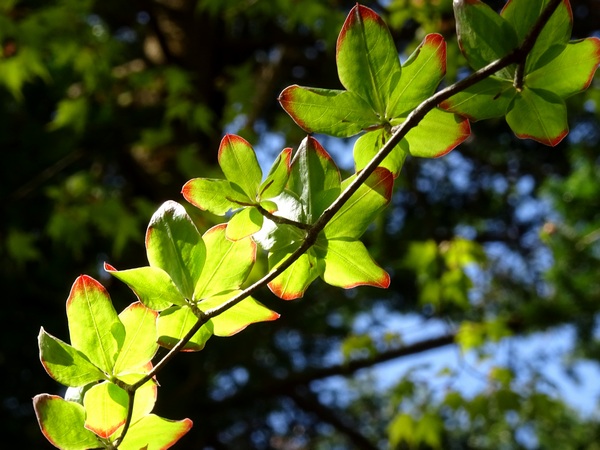
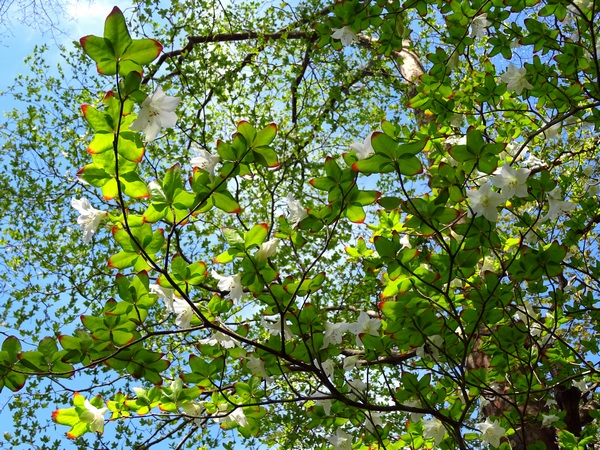 . . . but I’d say only about a fifth of the blossoms on the whole mountain were out.
. . . but I’d say only about a fifth of the blossoms on the whole mountain were out.